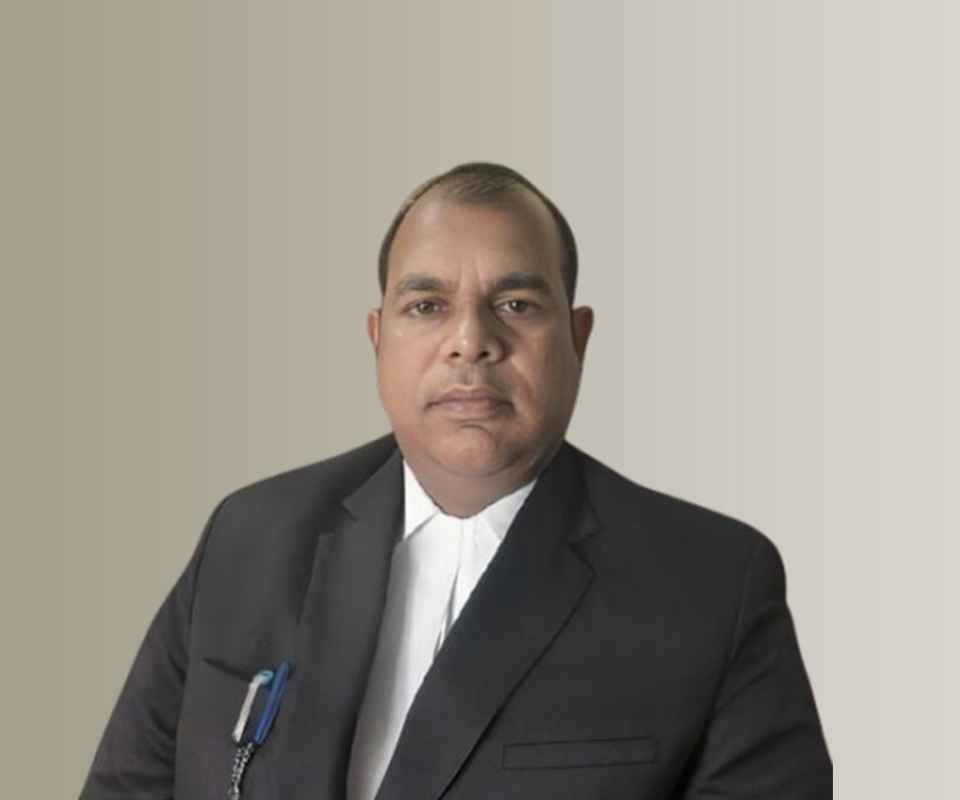Answer By law4u team
Witness testimony plays a pivotal role in homicide trials, often being a crucial element in determining the defendant's guilt or innocence. Whether it’s eyewitness accounts, expert testimony, or character references, the credibility and weight of witness statements can significantly influence the trial’s outcome.
Role of Witness Testimony in Homicide Trials
Eyewitness Testimony:
Eyewitnesses, who claim to have seen the crime take place, often provide the most direct evidence in homicide cases. Their testimony can describe the identity of the perpetrator, the method of the crime, and the circumstances leading up to the event. The credibility of the eyewitness can heavily impact the prosecution’s or defense's case.
Expert Witness Testimony:
In homicide trials, expert witnesses—such as forensic pathologists, crime scene analysts, or ballistics experts—offer technical insights into the evidence. For example, a forensic pathologist may explain the cause of death, while a ballistic expert may testify about gunshot residue or weapon use. These expert testimonies are critical in establishing key facts, such as time of death, murder weapon, and any signs of self-defense or premeditation.
Character and Alibi Witnesses:
Defense teams may present character witnesses to attest to the defendant's good moral character or to establish a reasonable doubt about the defendant’s involvement in the crime. Alibi witnesses, who can verify the defendant's location at the time of the crime, also play a crucial role in challenging the prosecution's evidence and suggesting that the defendant could not have committed the murder.
Impeachment of Witnesses:
The prosecution and defense can both impeach witnesses to challenge their reliability or credibility. During cross-examination, a lawyer may point out inconsistencies in a witness's testimony, prior criminal history, or motives to lie. Impeaching a witness can undermine their testimony and weaken the opposing side's case.
Corroborating or Contradicting Evidence:
Witnesses may either corroborate or contradict physical evidence, other witness testimonies, or the defendant’s statements. For example, an eyewitness who testifies that the defendant was seen near the crime scene at the time of the homicide can support circumstantial evidence, while a defense witness offering contradictory information may create reasonable doubt.
Reconstruction of the Crime:
Some witnesses, particularly experts, may be called to help the jury understand how the crime occurred. This can include crime scene investigators, forensic experts, and even reenactment specialists. Their testimony helps establish a timeline, the nature of the crime (e.g., whether it was premeditated or a crime of passion), and the behavior of the victim and perpetrator.
Victim's Statements:
In certain cases, the victim’s statements made prior to their death, such as confessions, threats, or identifying the perpetrator, can be admissible under specific legal rules (e.g., dying declarations). These statements may serve as critical evidence to support or refute the prosecution or defense’s theory of the case.
Witness Credibility and Reliability:
One of the primary roles of the defense and prosecution is to assess the credibility of witnesses. A witness’s ability to recall facts accurately, their relationship with the parties involved, their potential bias, and their history of truthful testimony all factor into how their testimony is viewed by the jury.
Example
In a homicide trial, an eyewitness testifies that they saw the defendant at the scene of the crime holding a weapon shortly before the victim was killed. The defense challenges this testimony by presenting alibi witnesses who confirm the defendant was at a different location at the time. Additionally, the defense presents an expert forensic witness who suggests that the physical evidence (e.g., fingerprints, DNA) found at the crime scene does not match the defendant.
- The jury weighs the credibility of the eyewitness versus the alibi witnesses and expert testimony.
- Cross-examination of the eyewitness reveals some inconsistencies in their description, leading the jury to question the reliability of the eyewitness account.
- Expert testimony regarding the forensic evidence helps create reasonable doubt about the defendant’s involvement in the crime.







